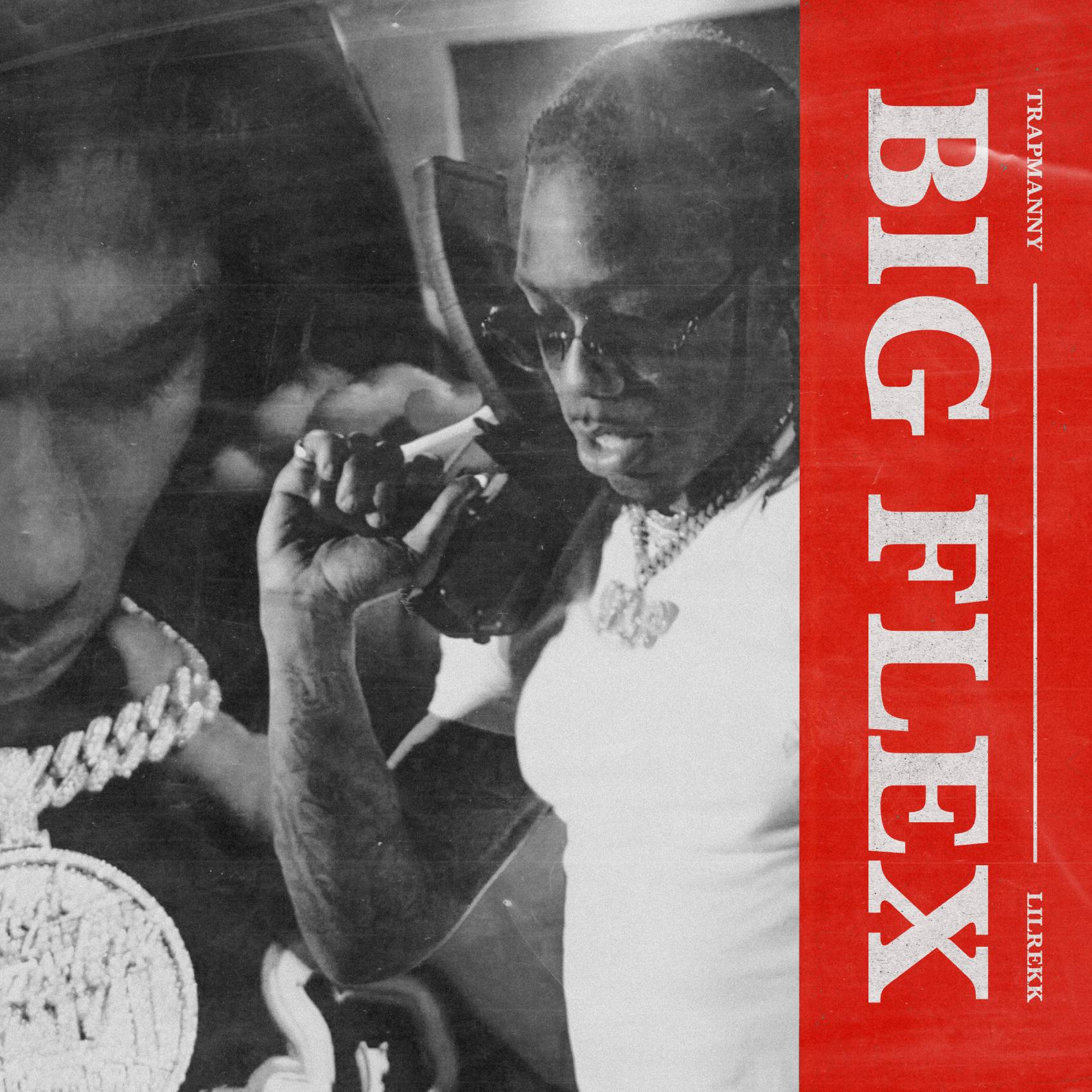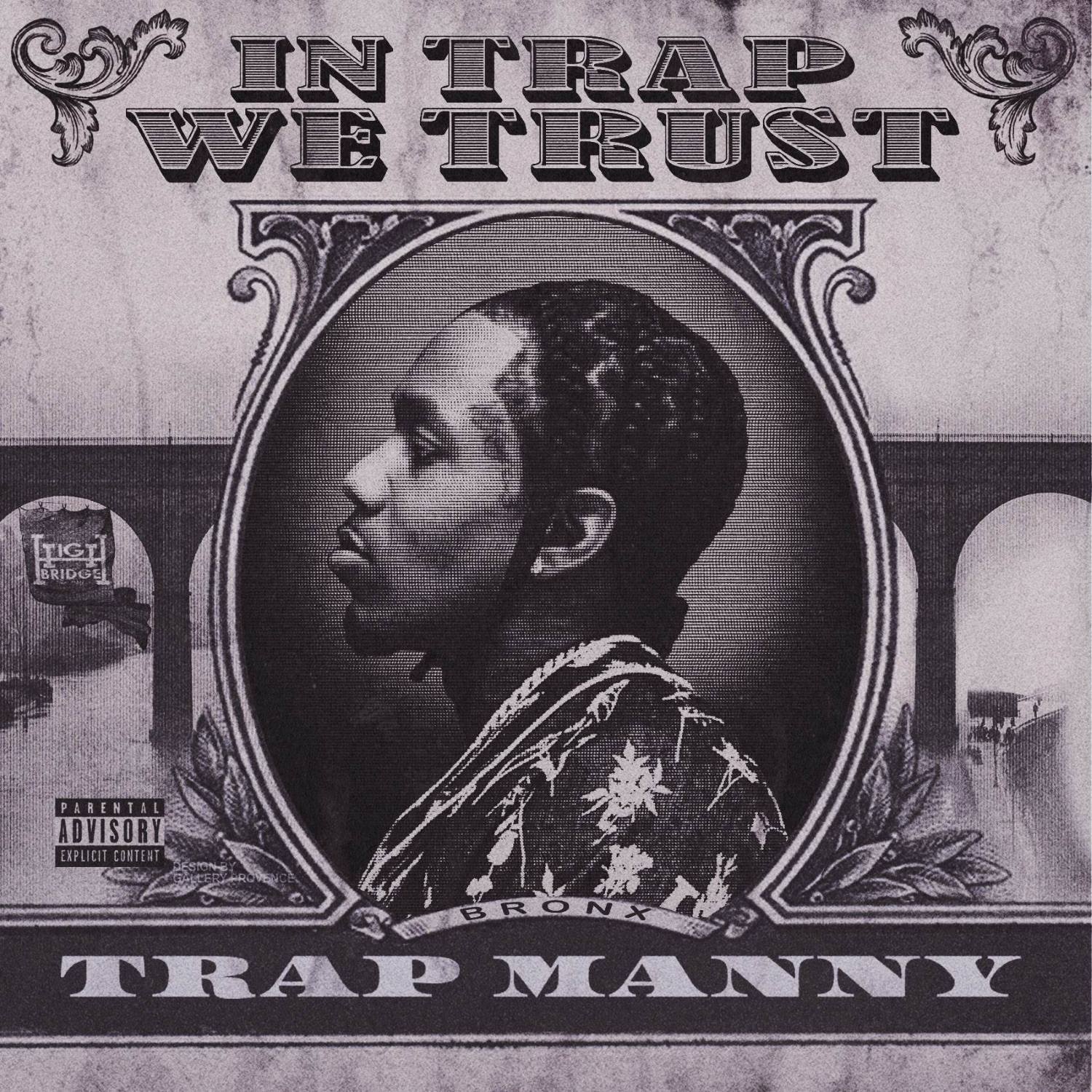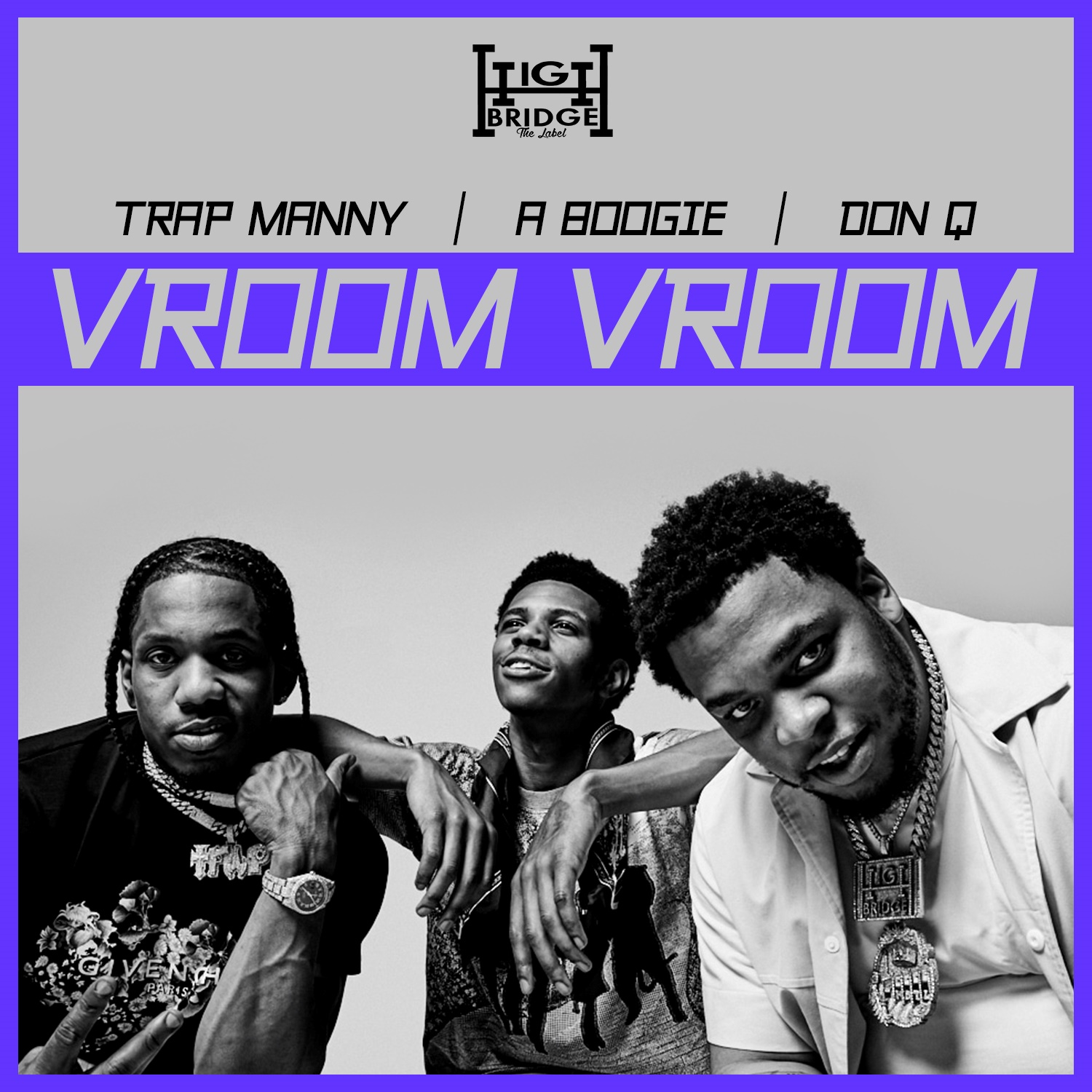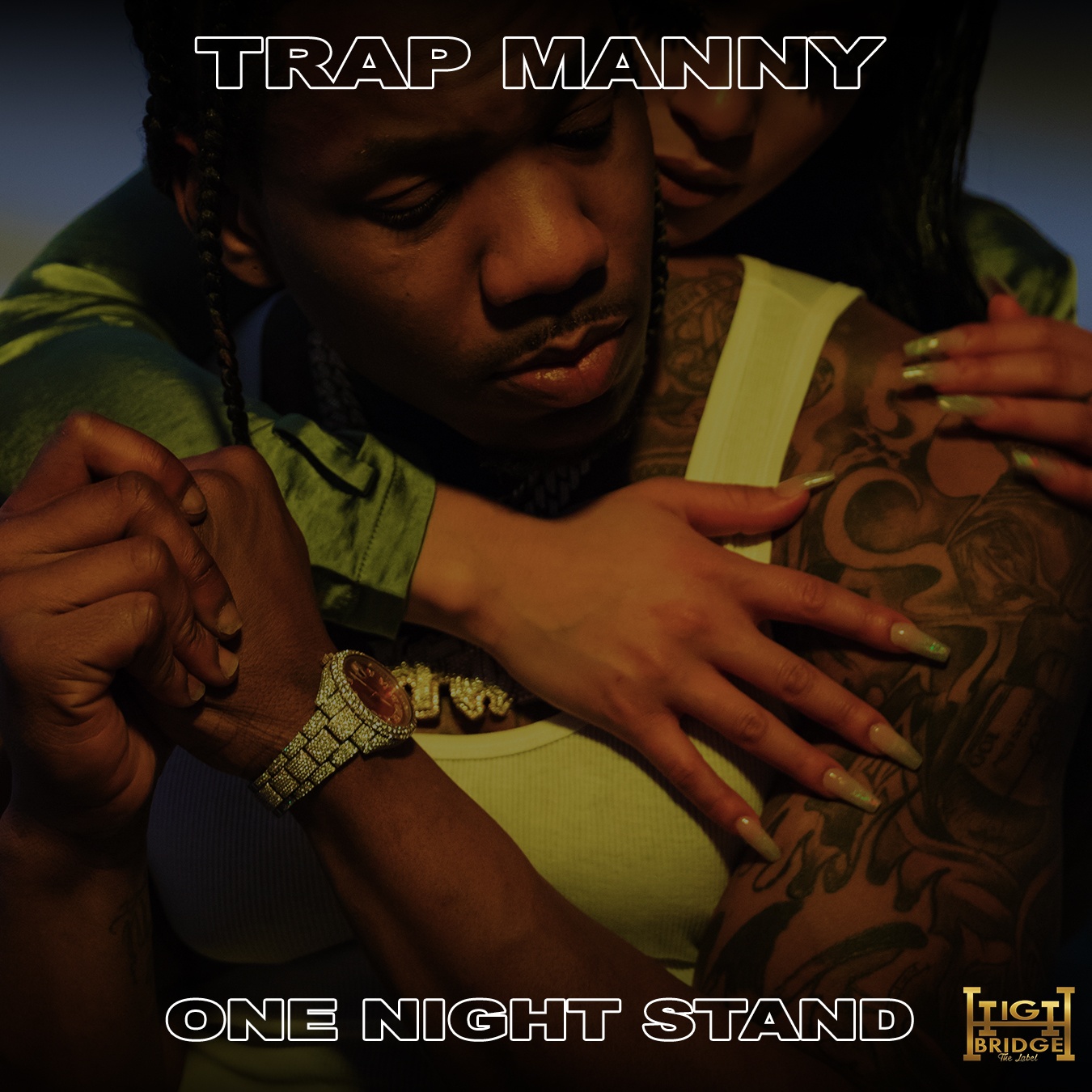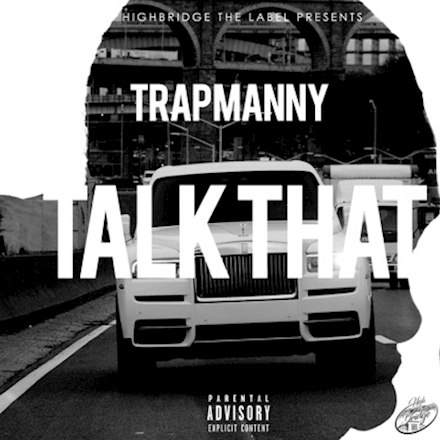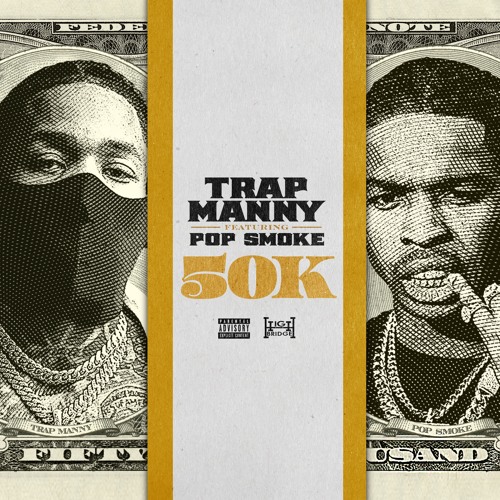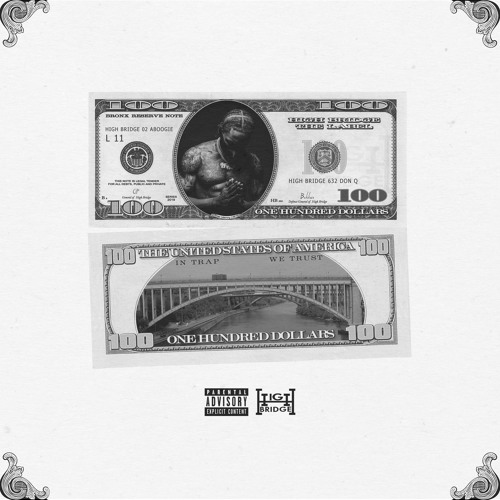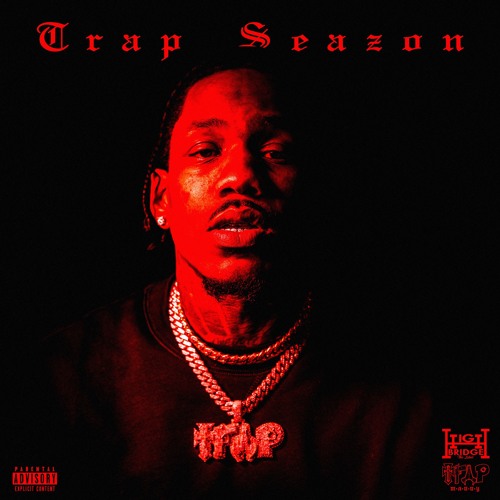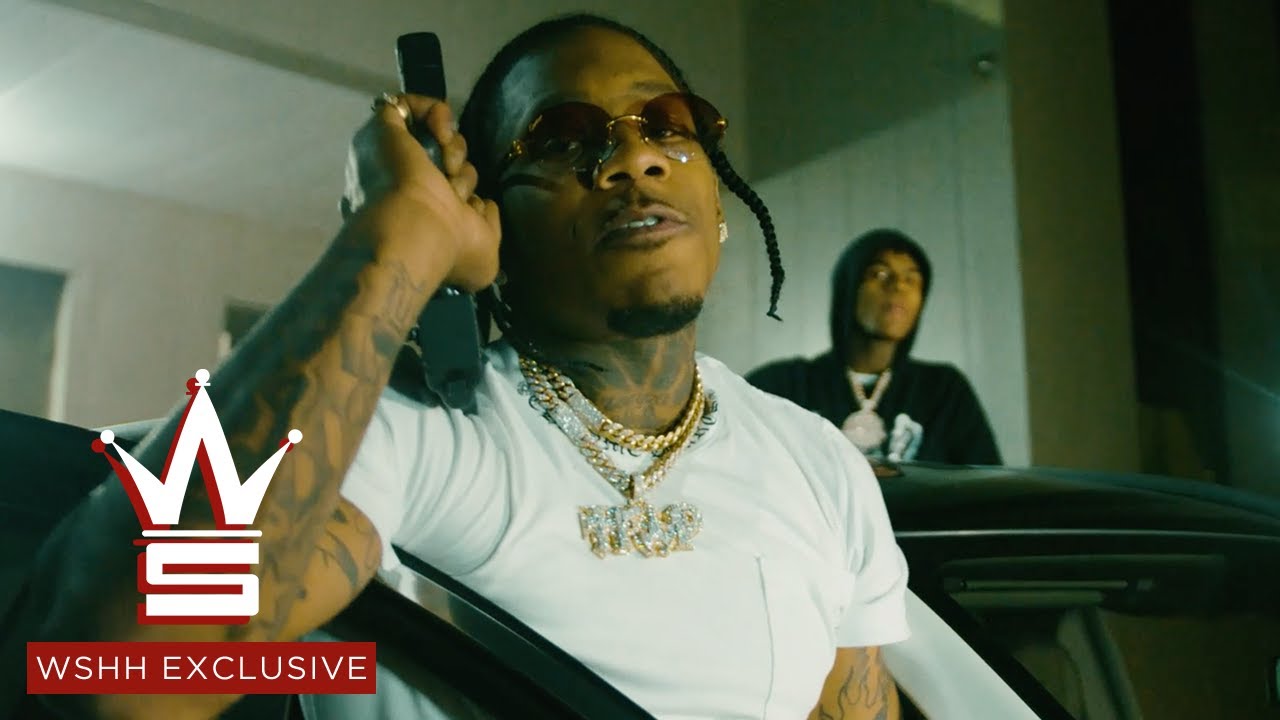
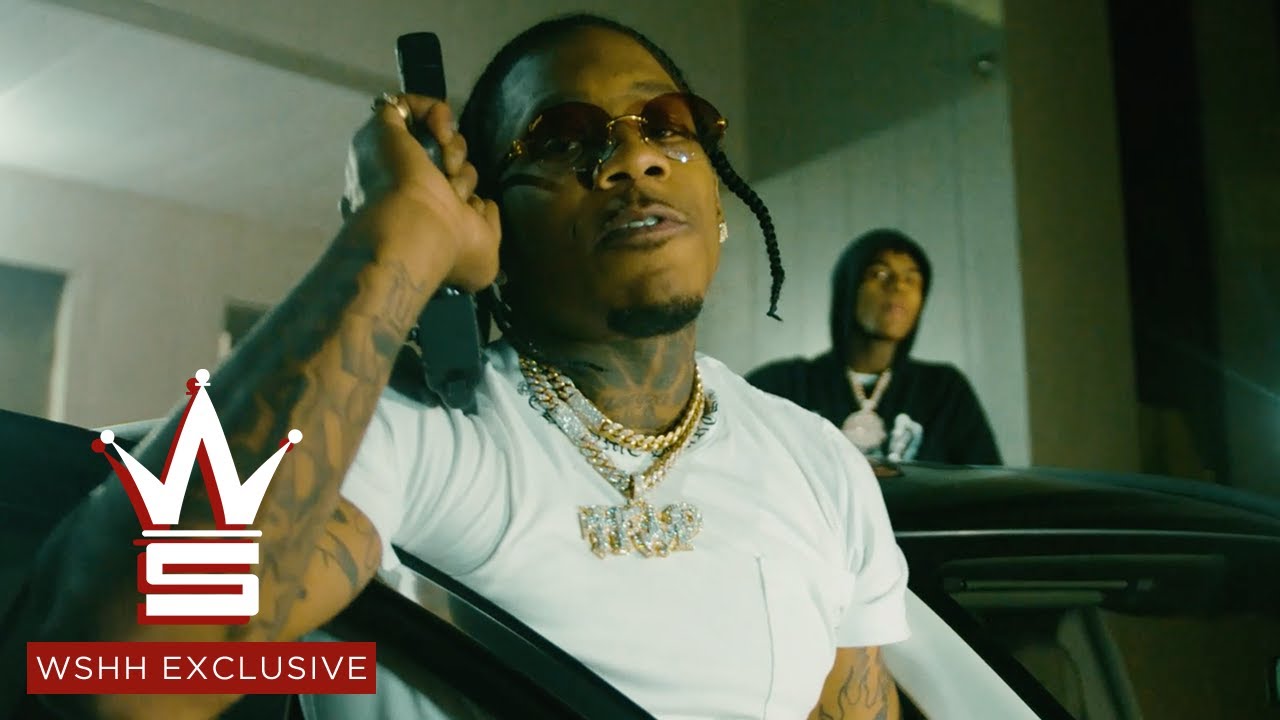
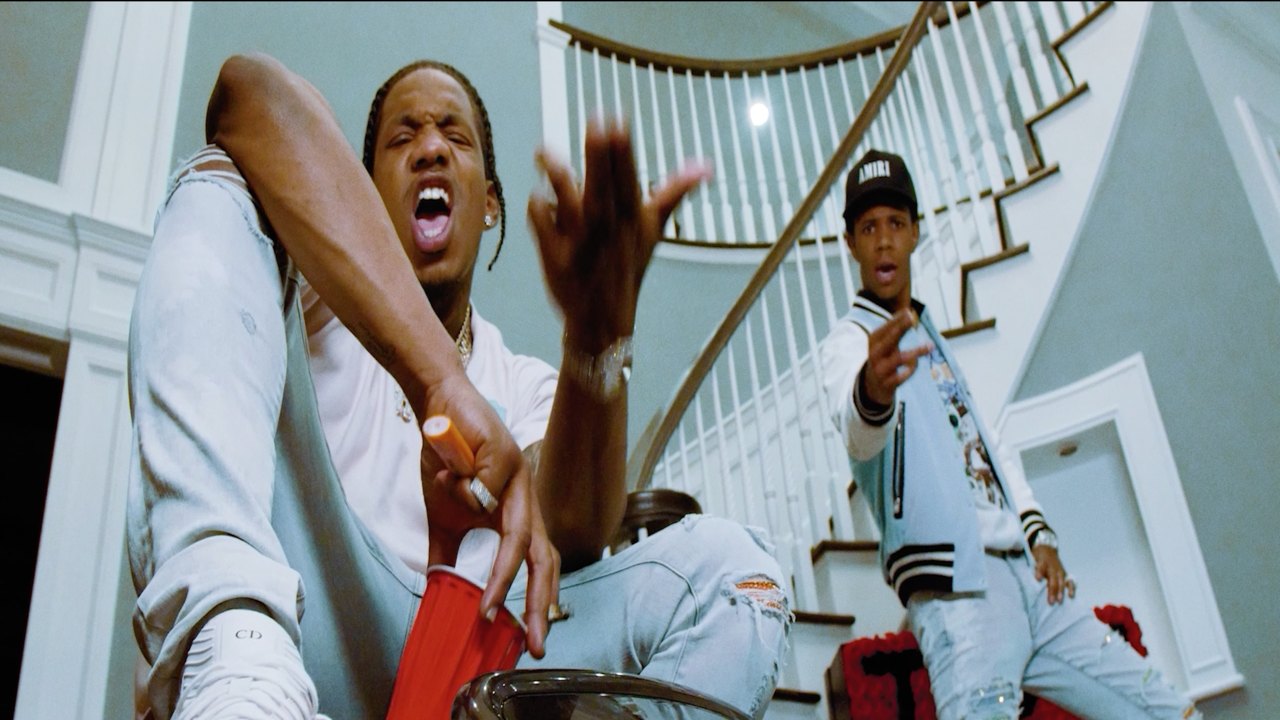
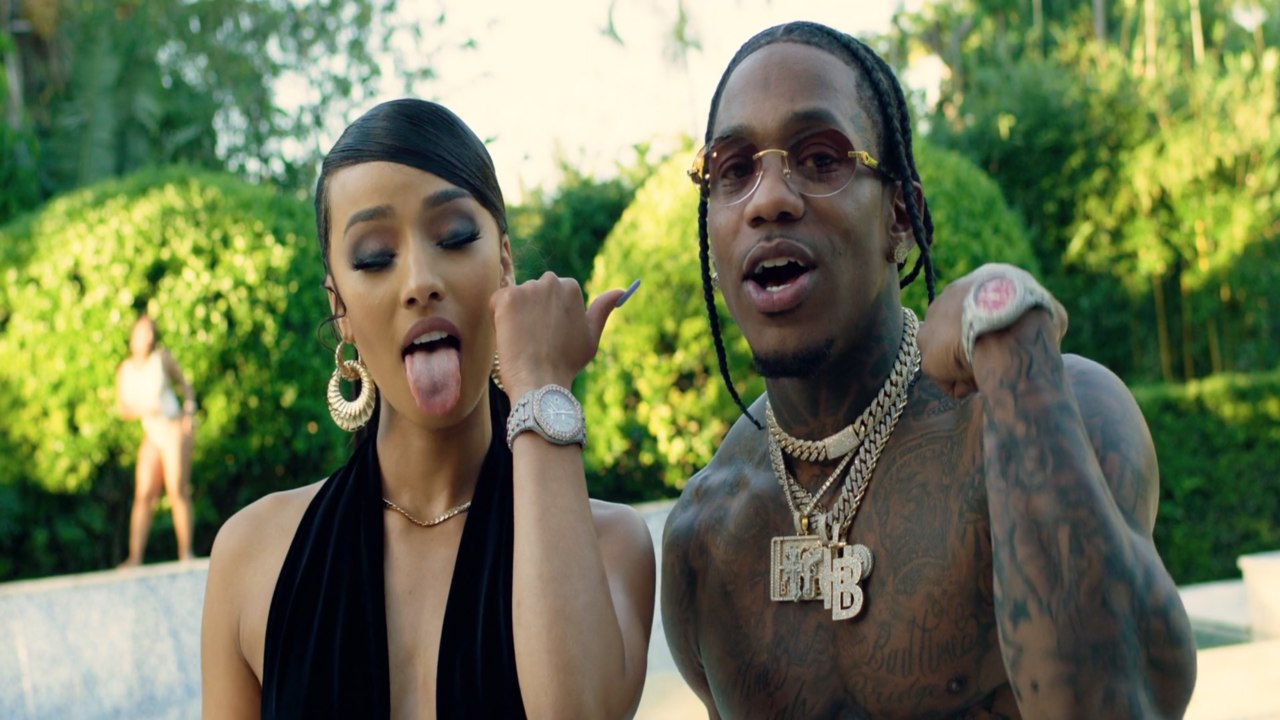
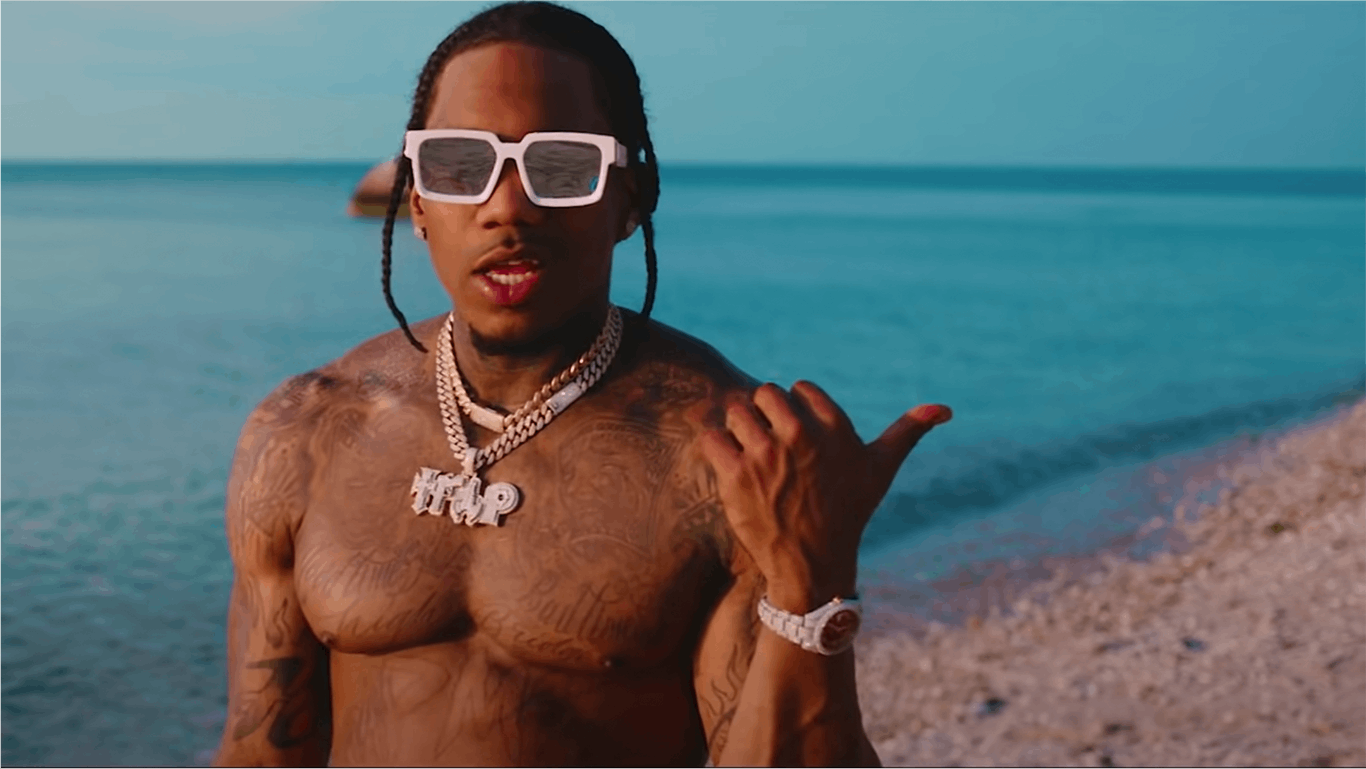
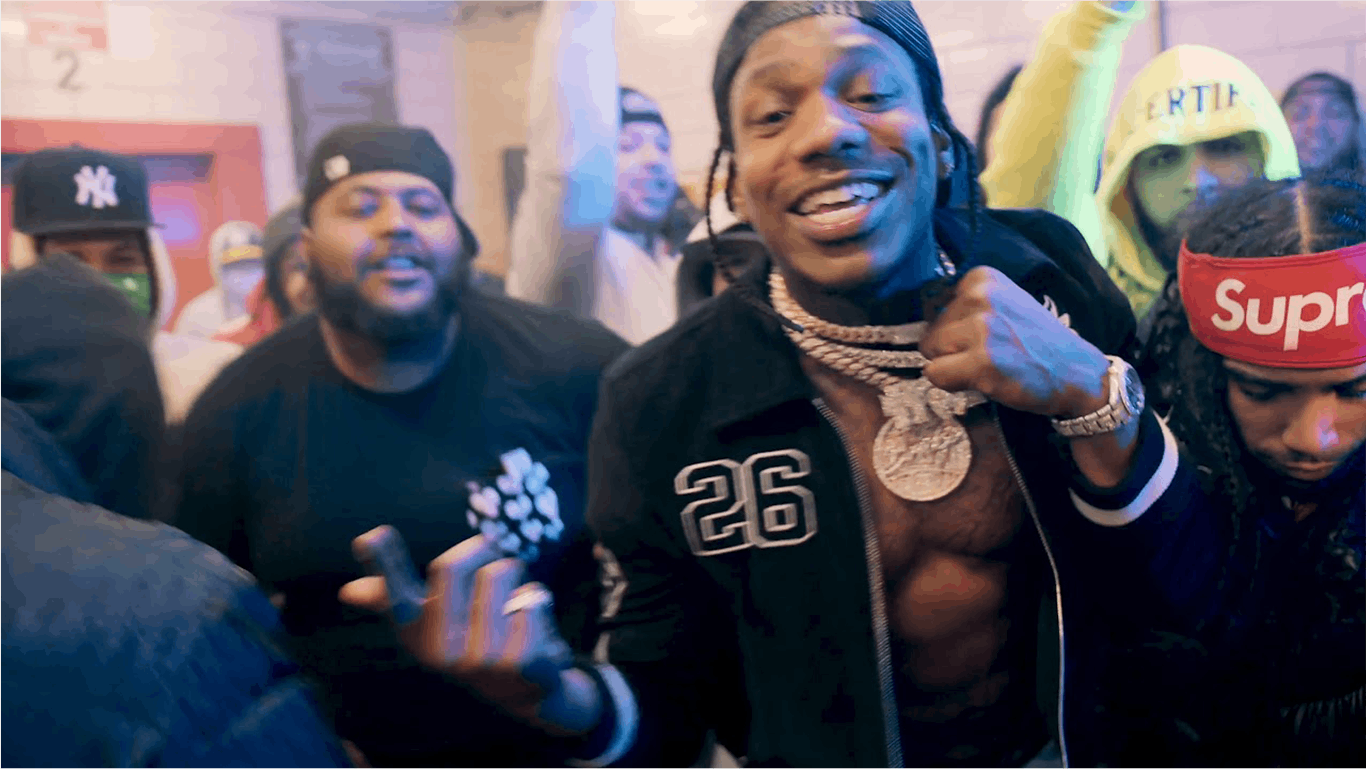
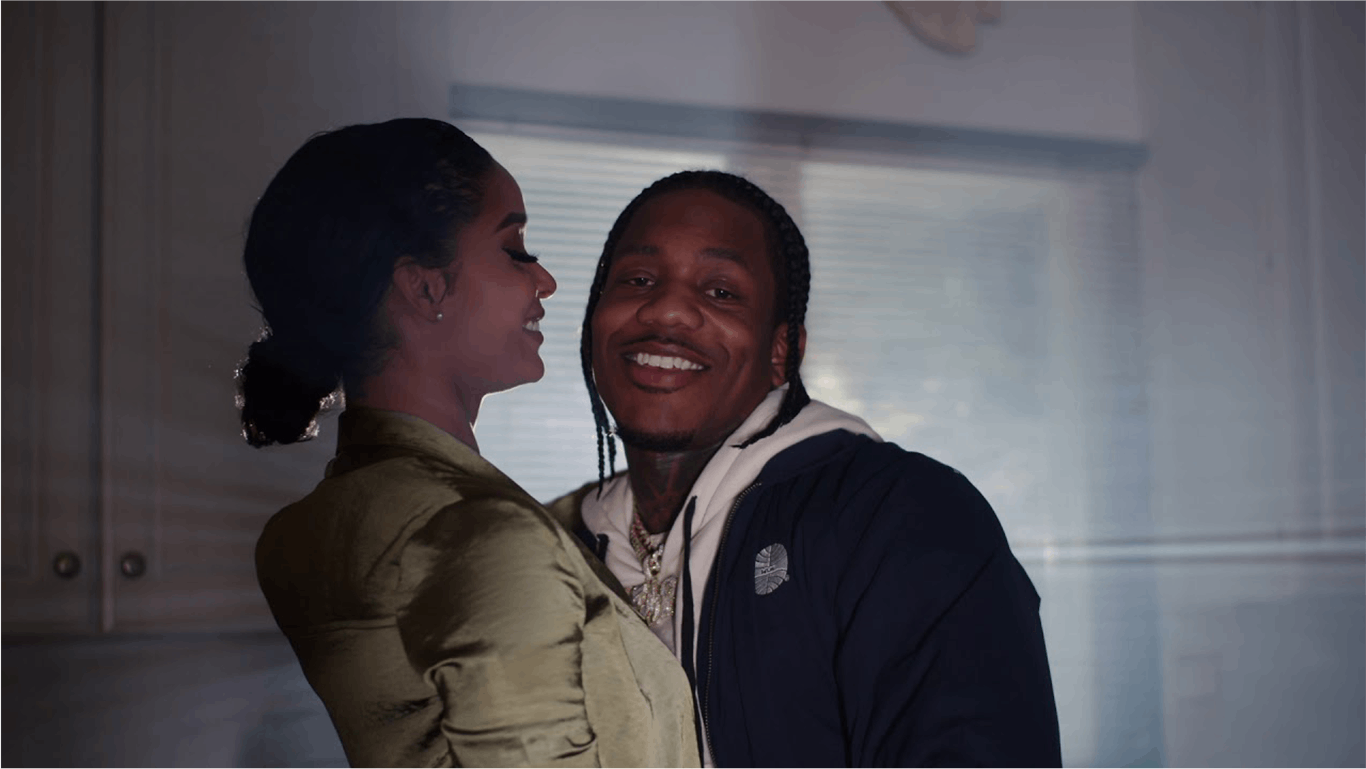
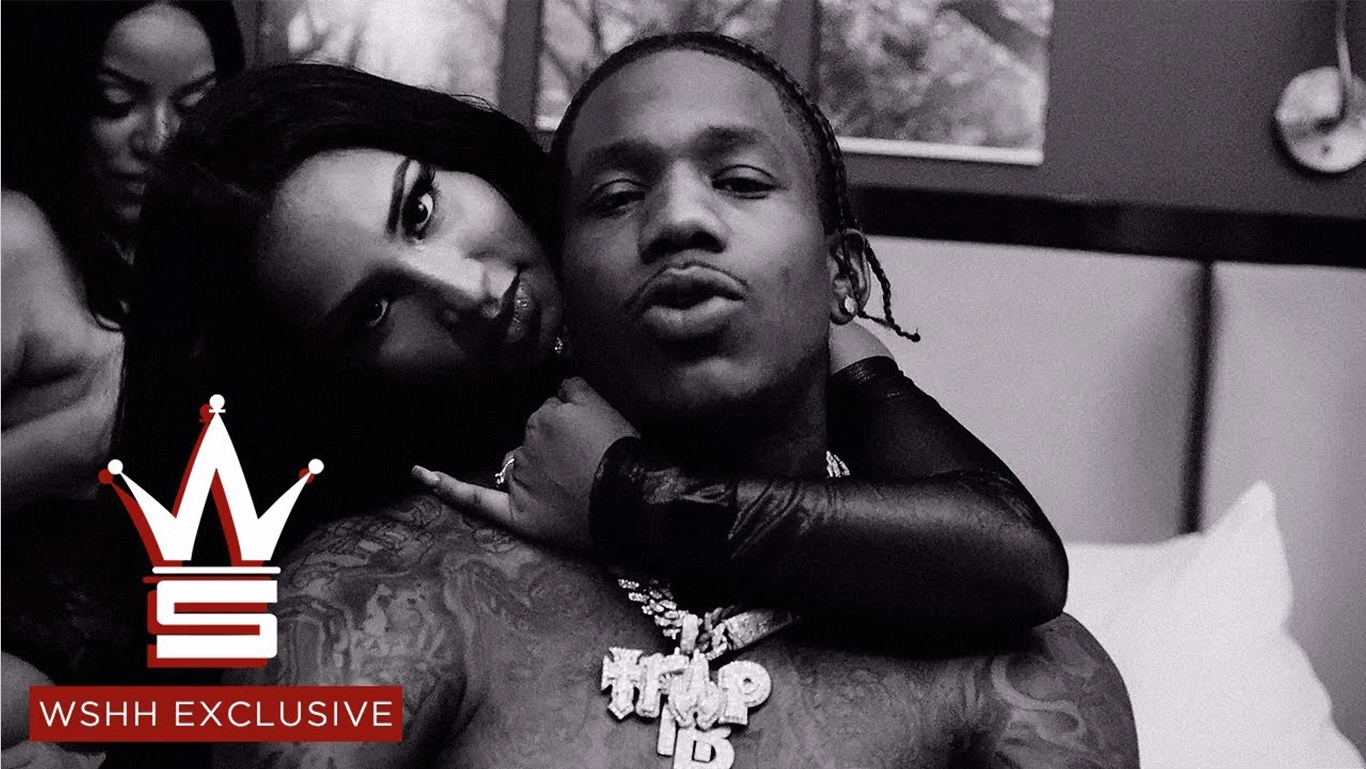
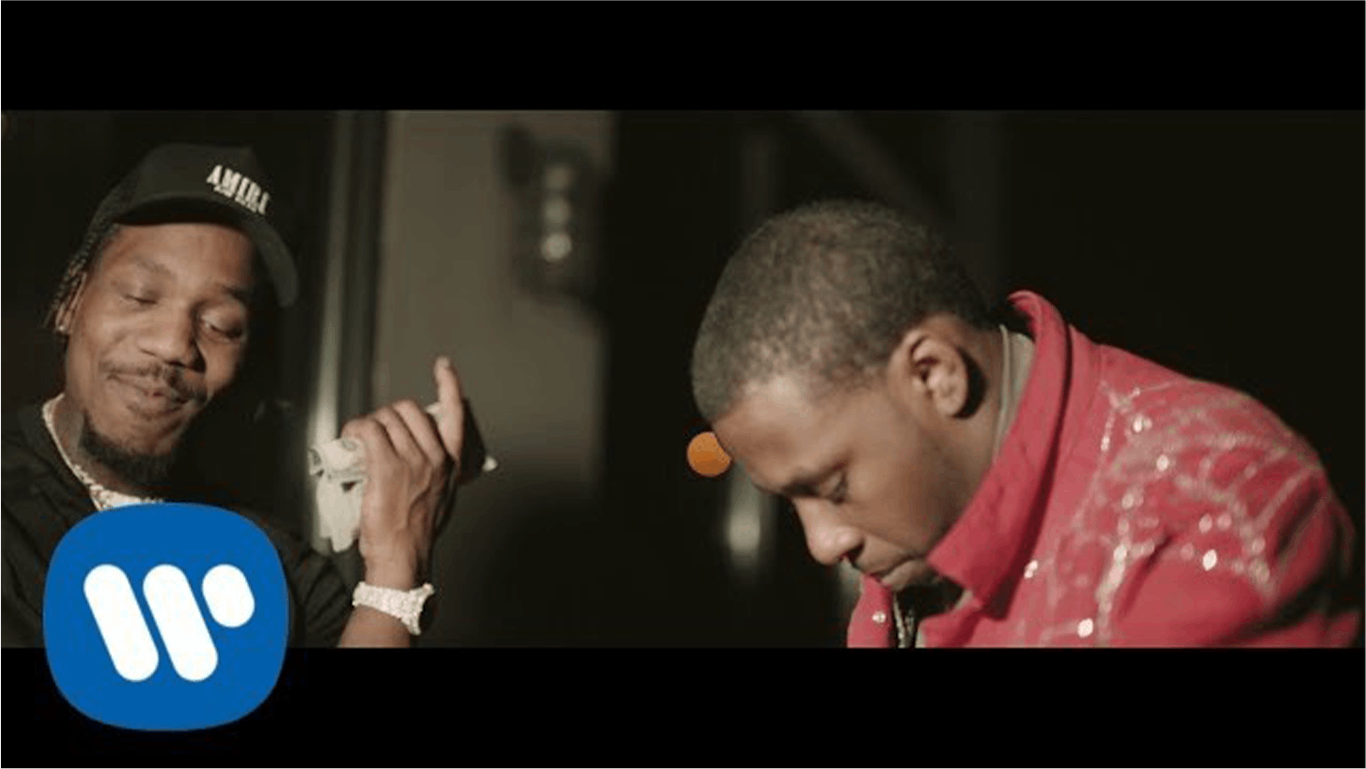
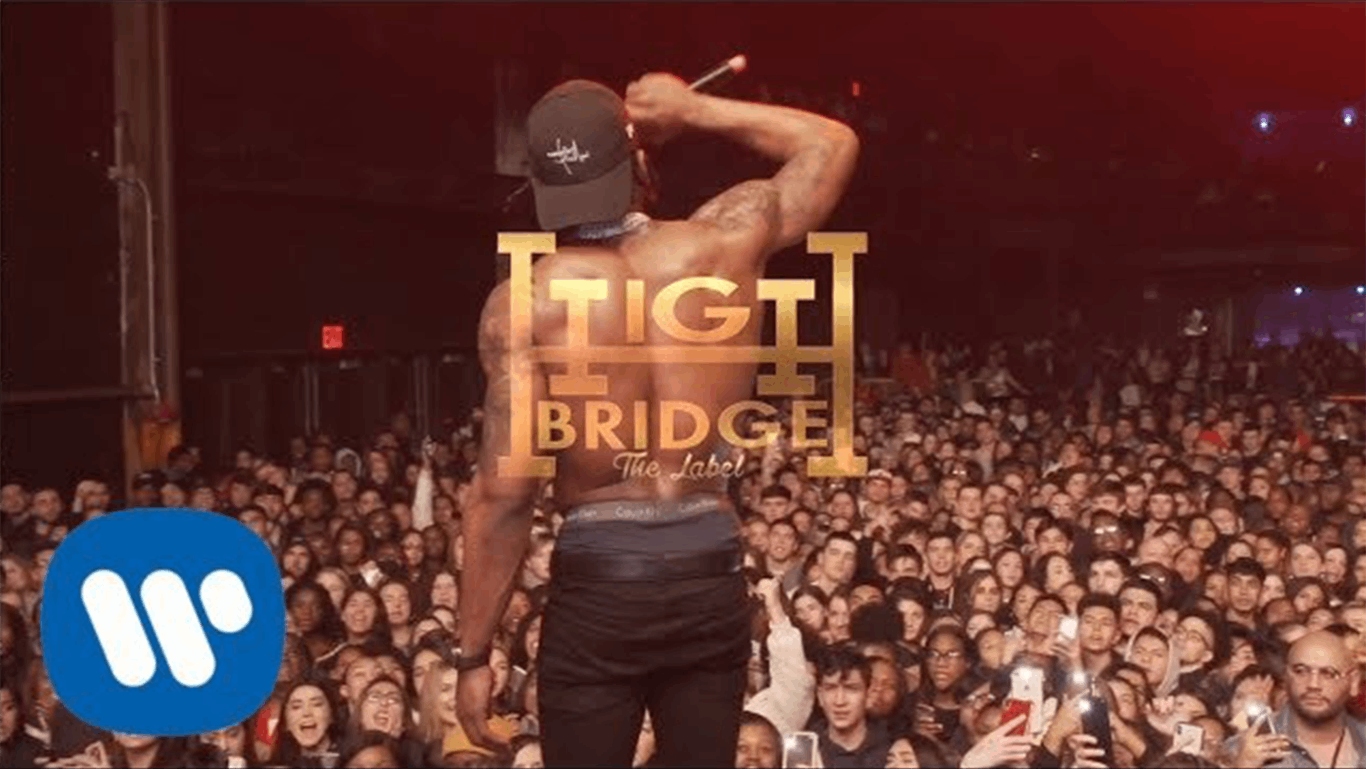
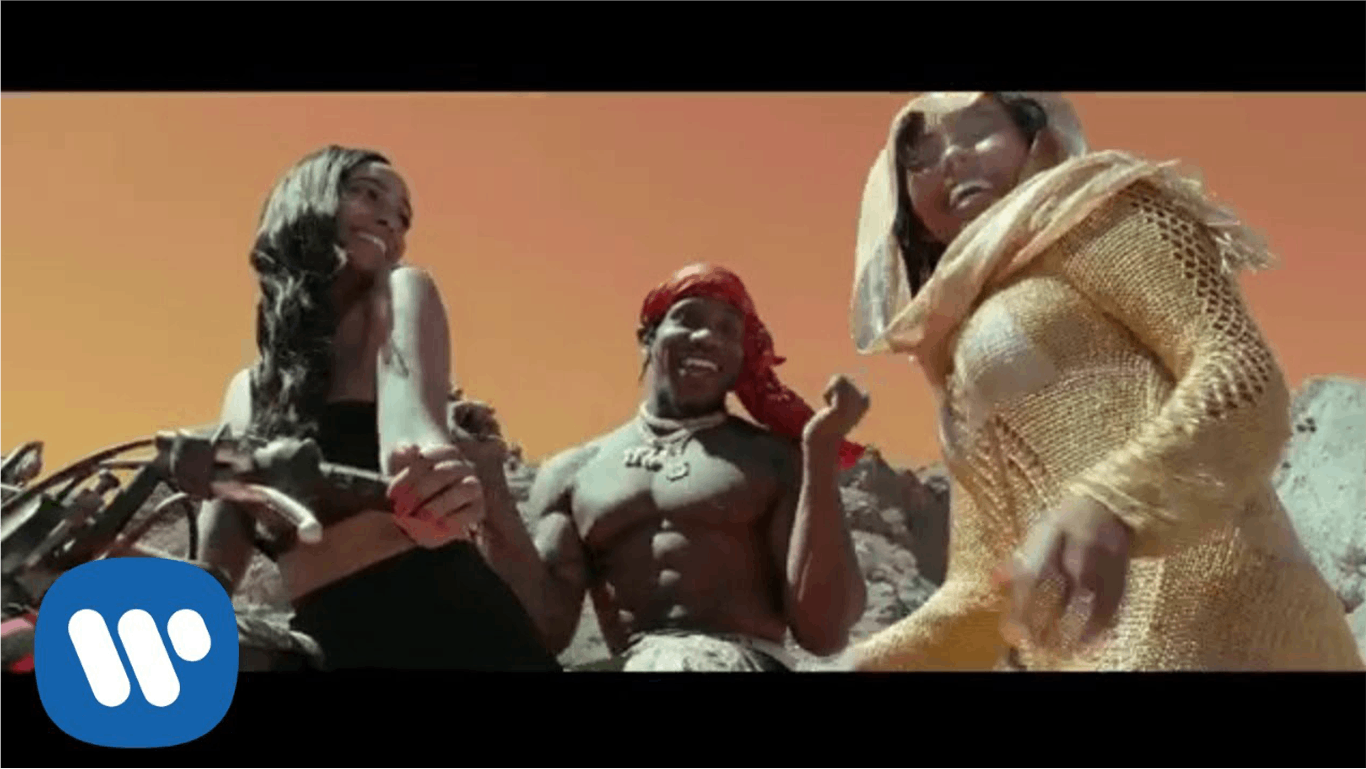
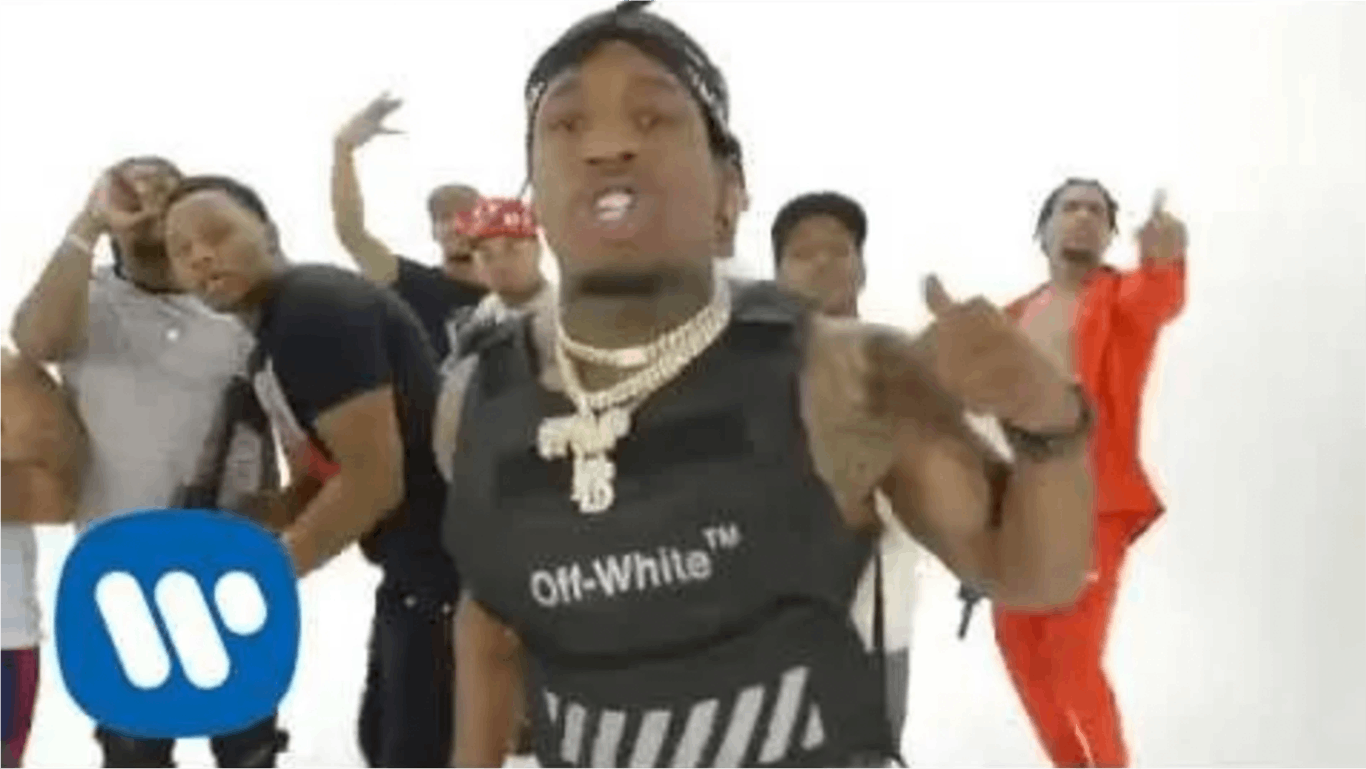
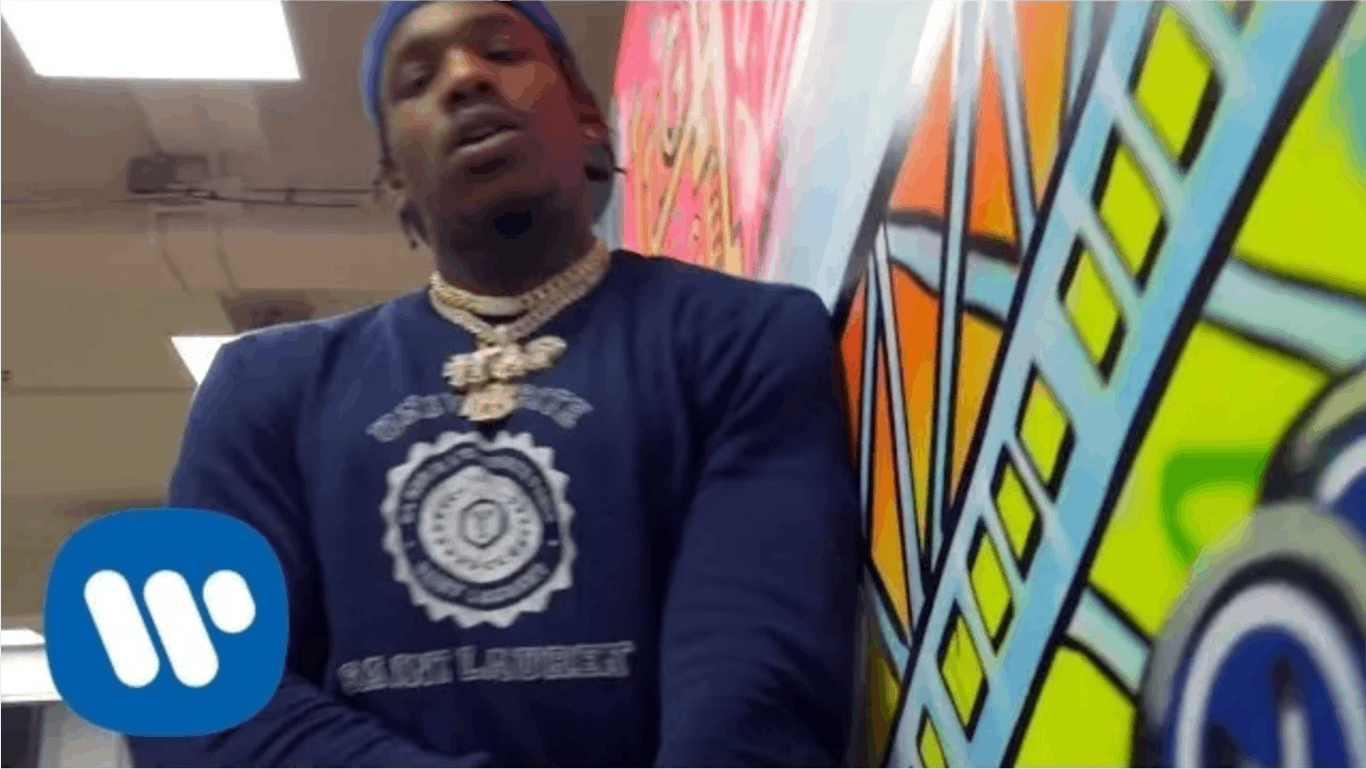
The first studio Trap Manny ever recorded in wasn’t a studio at all and no real recording came from it. Instead, it was the shower booth of a prison, and he mimed what it would be like to lay down the raps he’d started writing at the urging of his cellmate who also taught him how to make beats. It would take a few more stints in and out before music would become his primary focus, but once he decided it was time to make a change, there was no looking back. “I don’t think I was putting in as much effort until I was really down bad, and I had a couple of dollars in my pocket,” he says. From there, it was like get some money and do this. I had an opportunity, and so I just did a video.” The result, 2018’s “Trenches”—a blistering confessional that embodies the do-or-die mentality—brought him to hundreds of thousands of new eyes and ears.
Raised in the Bronx’s Highbridge neighborhood, Trap Manny (the word ‘Trap’ is a backronym for Take Risks And Pray) has a subtle charisma that belies the trouble of his past. Behind-the-scenes, he’s calm and measured when he talks about his experiences with incarceration, the birth of his son, or his first major label meeting; on wax, though, the stories of his life pour out with a hunger and soulfulness that imbues his rhymes with a potent spark. It was these qualities, combined with his woozy, slippery flows, that made him a welcome addition to A Boogie wit da Hoodie’s Highbridge collective alongside Don Q, who is a longtime friend.
Manny’s debut project, 2019’s Trap Seazon, combines the elements that form both the person and the rapper into an introduction; across the 14 tracks, he peels back the layers of his story, hard as nails and self-indulgent in turns. It deftly captures the spirit of New York City’s rotten apple grittiness and contrasts it with a decidedly modern and melodic bent that places him among some of the best of his new school peers. His greatest strengths come from his unflinching approach and willingness to live in his truths—a kind of everyman whose lyrics reflect the reality of those whom the system tries to throw away. On songs like “ALONE” and “Relentless,” he unveils multiple facets of his life from the sullen romantic to the clear-eyed ambassador of the streets. “When I’m on stage, and I see people saying my words, I be feeling like I’m doing something right, and I’m touching people,” he says. “This is a second life for me—just trying to give it my all.”

